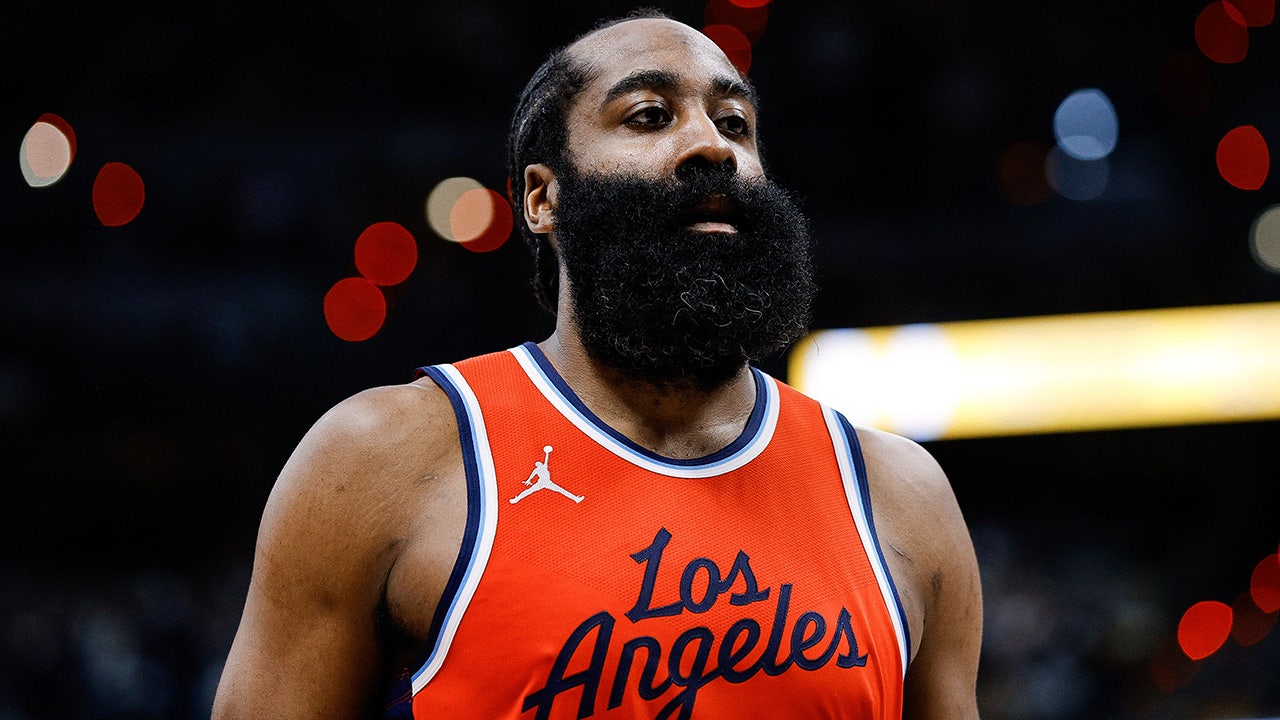If this was 2008, Perez Hilton would’ve probably called you a cheater for taking a weight loss drug like Ozempic.
Fast forward to today, and the notorious gossip blogger is all in on the GLP-1 craze. In fact, he’s now teaming up with telehealth company FuturHealth to spread the word to his millions of followers.
“I probably would have been very against it back then,” Hilton, whose real name is Mario Lavandeira, told The Post. “But it’s not cheating. It’s medicine. It’s science. It’s a real thing — and it works.”
The CDC estimates that 40% of adults over 20 are obese, along with 1 in 5 children and adolescents, putting them at higher risk for a host of chronic conditions, including heart disease, type 2 diabetes and even some cancers.
While US obesity rates have been on the rise for years, 2023 marked the first dip in over a decade. Experts believe the decline is partly due to the rise in popularity of weight-loss drugs like Ozempic.
A 2024 KFF survey revealed that about one in eight American adults have tried a GLP-1 agonist, which work by mimicking a natural hormone in the body that regulates insulin and blood sugar levels while promoting feelings of fullness, helping the average patient shed 10% to 15% of their body weight.
Perez Hilton’s weight loss journey
At his heaviest, Hilton tipped the scales at 255 pounds. Today, the “Celebrity Big Brother” star has shed more than 60 pounds, now weighing in at 189.
Despite his impressive weight loss, Hilton admits there’s still a major challenge he faces every day.
“I am a food addict,” he confessed. “If I fall off the wagon, like an alcoholic, it takes so much to get back on.”
For Hilton, portion control remains an ongoing struggle. Like many others, he finds himself overeating or reaching for the fridge — even when he’s full.
“It’s like an alcoholic who can intellectualize in the moment that they shouldn’t be drinking but they still do it,” Hilton said. “I know I’m not hungry, why am I going to get more food?”
The persistent mental chatter that plagues Hilton has a name: food noise. And he’s not the only one facing it.
A 2024 study found that 57% of people who are overweight or obese deal with persistent, disruptive thoughts about food. Worse, 61% of those individuals said this food noise makes it difficult to stick to nutrition or exercise plans.
For Hilton, this mental struggle intensifies around the holidays (hello, sweets and treats).
“From Thanksgiving to the end of the year, it gets progressively worse,” the father of three said. “Normally, I can bounce back pretty quick, but now as I’m getting older, it’s harder than it used to be.”
As we age, losing weight gets more difficult for a range of factors, including a naturally slower metabolism, decreased muscle mass and hormonal changes. But experts say it’s still possible with the right approach.
So is Perez on Ozempic?
When FuturHealth reached out about a potential partnership, Hilton was intrigued by the idea of trying a weight-loss drug. However, after further testing, he was told he didn’t qualify for the medication.
Despite this setback, he remains passionate about raising awareness of the benefits of GLP-1s, especially given the ups and downs he’s faced on his own weight loss journey.
“When I would have qualified, I would have taken it in a heartbeat,” he said. “I don’t want to say it’s easy. You’re not going to get the real results if you’re not eating healthier, but just one shot a week can make such an improvement in your life.”
Traditionally, people who qualify for weight loss drugs have a body mass index (BMI) of 30 or greater, or a BMI of 27.5 with associated conditions such as heart disease, diabetes or sleep apnea, according to Dr. Michael Snyder, medical director of the Bariatric Surgery Center at Rose Medical Center and in-house obesity specialist at FuturHealth.
Snyder stressed that weight loss medications should be considered as just one tool in a comprehensive plan.
“Starting your weight loss journey with a rational diet and exercise engagement will make the process more effective and help you build the life you want to live,” he said. “The cornerstone of weight loss maintenance involves these intensive lifestyle changes.
In addition to doctor-prescribed GLP-1s, the company offers a personalized diet program and nutritional coaching to help people on their weight loss journey.
Diet wins and food swaps
For Hilton, sticking to an eating regimen has been key to managing his weight. “Meal prepping for the entire week has been a game changer because then I don’t have to think about it,” he said.
Simple swaps, like using cauliflower rice instead of other grains, have also been a big help. His workout routine is equally important, with Hilton making sure to get in a walk when he’s too tired to hit the gym.
Today, Hilton admits he has to “work really hard” to stay fit, but insists it’s worth every effort.
“I realized, for me, there is truly a direct correlation between healthiness and happiness,” Hilton said. “Life is short. You should be happy.”














